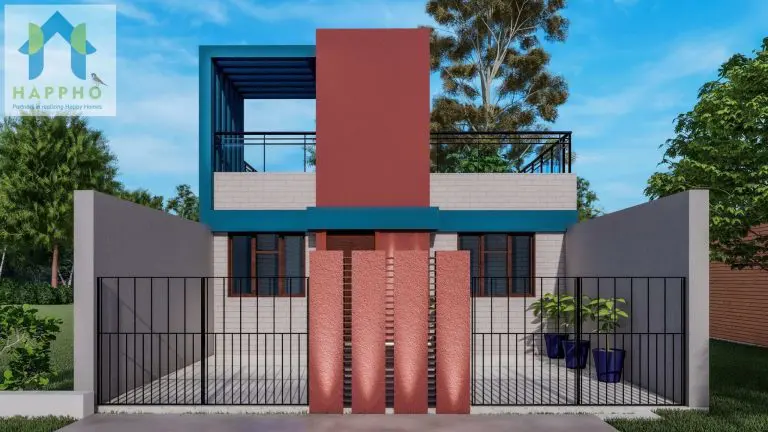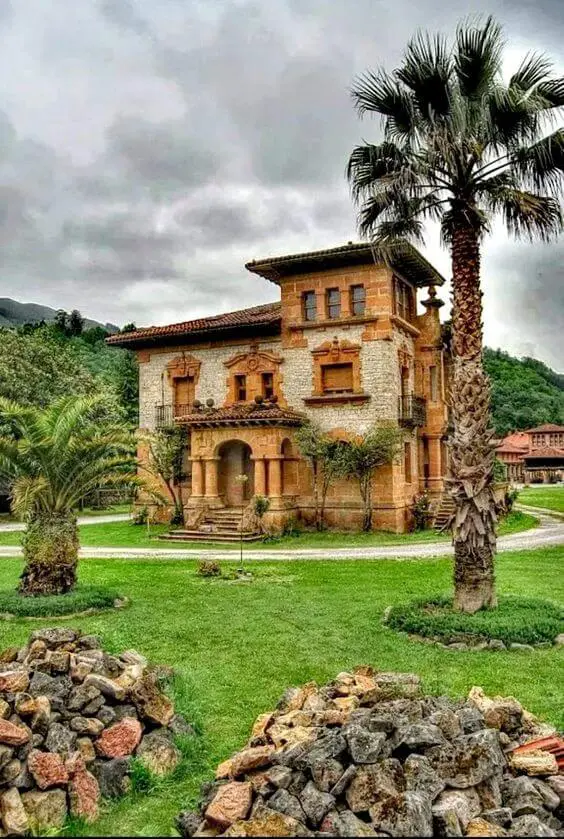Open land parcels are scarce in many cities, due to which developers are now venturing into the redevelopment space. Many dilapidated buildings and societies (chawls) are on the verge of collapse. Enter the process of obliterating an existing building and constructing a new one.
Being a massive project, it requires a careful proactive approach from the residents of the housing society. Redevelopment is a viable option for properties; that is over 25 years old. Lack of funds for repairing the property is another reason to opt for redevelopment, where a third-party redeveloper takes up the responsibility.
Developers are also on a constant lookout for properties that have unused development rights. They could add a few storeys and sell it for a tidy profit.
Procedure for Housing Society to GO for Redevelopment
The procedure of a housing society redevelopment involves the following steps.
- More than 75% of the total members of the society must be in agreement for the project to be officially taken up. A special redevelopment committee should be set up to oversee the entire process.
- The committee should beckon bids from architects or Project Management consultants and present their quotes, before finalizing one. Members of society should interact actively and give their inputs and suggestions through the process.
- Terms and conditions should be finalized along with the scope of work with the architect/PMC and then invite tenders from various developers.
- The chosen developer must be selected by at least 3/4th majority of the society.
- All documents and feasibility studies must be verified by the government authorities.
- Society should hire a lawyer for all the due proceedings, making sure the process is transparent and comprehendible to the society members.
- The legal documents concerning the development should not entertain any ambiguity. Irregularities in the process of development could have consequences, especially ones prohibited by the law.
- Create a development matrix or a clear roadmap that will help stakeholders and participants discuss the progress and interests of both parties.
Benefits of Going With Redevelopment AS opposed to Renovation
One may ponder about the benefits of going for redevelopment over renovation. Here are a few :
- Structural renovation boosts the lifespan of a building only by 4-5 years, therefore, redevelopment is more feasible and sustainable in the long run. Old constructions frequently face structural problems such as seepage, weak foundations and walls, leaking water pipes, etc.
- The saleability of a redeveloped apartment/property is much more than a repaired one, especially if it is built in a premium area.
- A redeveloped building offers cleaner, newer and spacious living spaces for residents, thus raising standards of living.
- A redeveloped property gets upgraded with the latest facilities such as swimming pools, lush landscaping, community halls, gyms, fire-fighting and security systems and so on.
- Additional storeys can be proposed in the process which can be sold for higher profit.
- Builders also offer a corpus amount of money for redeveloping a property they have an eye on.
- The government has announced several incentives for carrying out development schemes in overcrowded cities like Mumbai.
- Flat owners have benefits of increased FSI (Floor space index)
- There is now a single-window system for getting all approvals from officials, which otherwise would be very time-consuming and cost delays in development.
Things to Ponder before redevelopment
- Redevelopment might be in the buzz, but several citizens argue that developers often bring out colonial mansions to built luxury and modern apartments for the affluent. They claim that the construction is haphazard and without the consent of society members.
- The process caused many inconveniences to the residents, and many have to look for alternative places to live. It usually takes 18-24 months for a developer to complete the project with an extended grace period of six months.
- There are some states which offer a self-redevelopment scheme like the Maharastra government. Cities like Mumbai have huge housing demands compared to a lack of land to fulfil them. The Reserve Bank of India has allowed societies to borrow from housing finance companies to fund the project.
- The difference between redevelopment and self-development is that the builder is liable in the former, and is free is give new or additional flats to anyone. Only registered cooperative housing societies are eligible for self-development with buildings that have completed more than 30 years.
– Asmita Kothari





